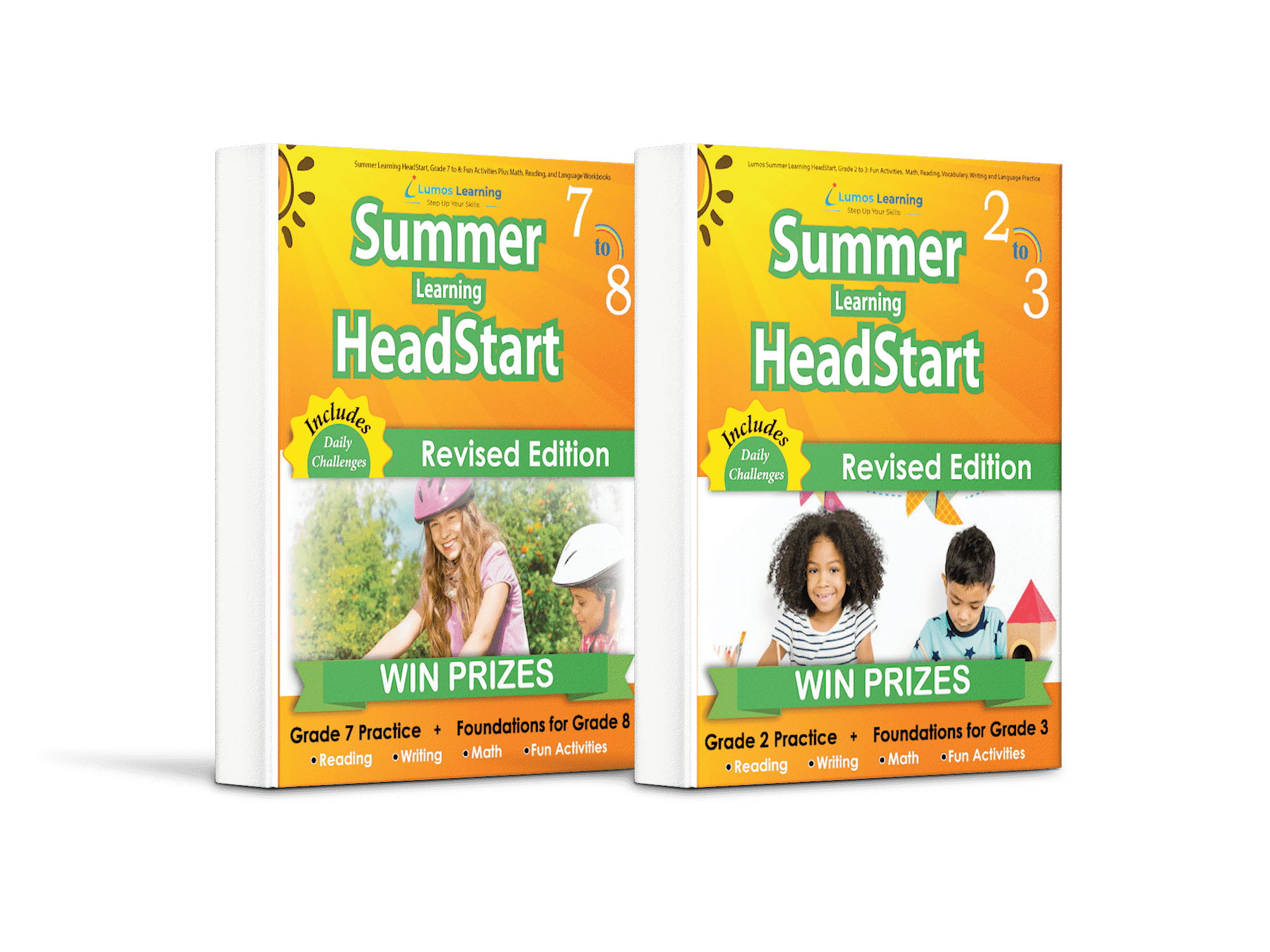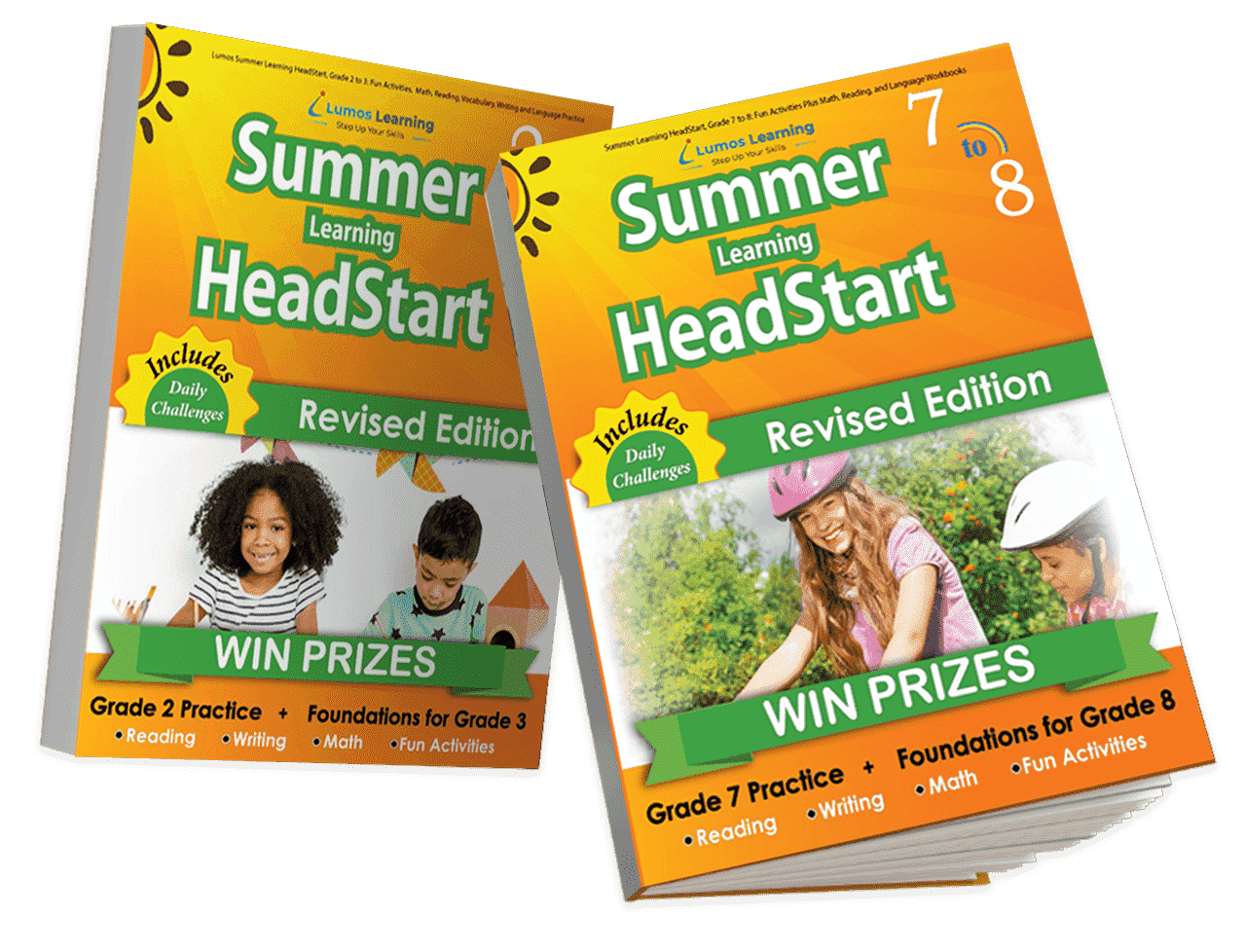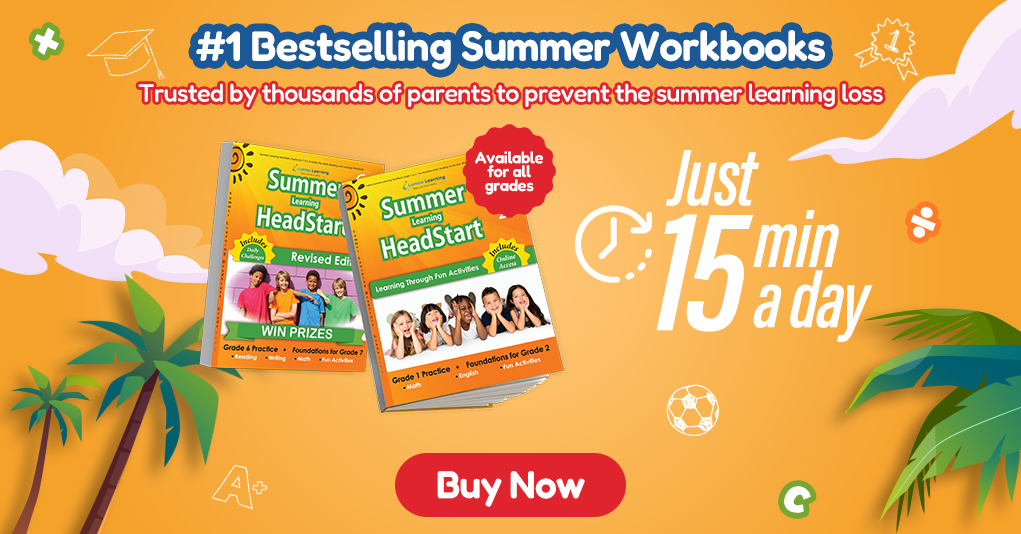7 Tips for Parents to Beat the Summer Slide
The summer break is a great time for children to relax and recharge after a busy school year. However, studies have shown that students can experience learning loss over the summer, commonly referred to as the “summer slide.” To prevent this slide and ensure your child maintains their academic progress, here are seven tips for parents:

Image by gpointstudio on Freepik
1. Set Aside 15 Minutes Of Daily Practice
Research supports the relationship between independent reading and student achievement. By having your child set aside just 15 minutes of learning-based activity each day, you can keep them on track over the summer. For younger students, activities can include counting objects or writing summer notes to teachers or friends. Older students can engage in math fact review, writing activities, or independent reading.
2. Take Learning On The Go
Learning doesn’t have to be confined to the classroom. Whether it’s a family activity or exploring the local environment, provide your child with summer workbooks that offer fun and engaging activities to reinforce and strengthen academic skills. These workbooks can be a valuable resource for learning anywhere, anytime.
3. Sharpen Math Skills
Find creative ways to incorporate math skills into daily activities. Have a yard sale and put your child in charge of the cash box to practice money management and making change. Encourage younger children to organize a lemonade stand to develop salesmanship skills. Additionally, you can use inexpensive flashcards or online games to practice basic math facts during waiting times or long car rides.
4. Read, Read, Read
Summer is a perfect time to explore new books or ones your child has always been curious about. However, it can be challenging to find books appropriate for their reading level without the guidance of a teacher. Use the five-finger rule: have your child open a book to a random page and read aloud, holding up one finger for each word they cannot say or do not know. If they have more than five fingers visible, the book may be too challenging. Remember, reading goes beyond books. Encourage magazine reading and even reading while singing karaoke to build fluency.
5. Keep A Journal Of Summer Activities
Encourage your child to keep a journal of their summer adventures. They can write about what they do, places they visit, and the people they meet. Emphasize including descriptive details like sights, sounds, and colors to help them remember and visualize their experiences. A journal provides an opportunity for informal writing, where spelling and sentence structure are less important, allowing them to focus on the practice of writing itself.
6. Take a Hike… Go Camping!
Camps are not limited to pitching tents in the great outdoors. Explore a wide range of camps tailored to your child’s interests, such as sports, art, music, science, or writing camps. These camps provide valuable life skills and interpersonal experiences that can contribute to their success in the real world. For example, participating in a summer theater production involves memorization, cooperation, coordination, and commitment.
7. Homeschool Your Child
You don’t have to spend a fortune to keep your child’s skills fresh. Consider using the Lumos Summer Learning HeadStart workbooks, which provide structured exercises for daily practice. Your child can work on the workbook during car rides, before bedtime, or incorporate it into their morning routine. Consistency is key, and over time, these activities can become a natural habit.
By implementing these seven tips, you can help your child beat the summer slide and ensure they continue to grow academically during the summer break. Remember, learning doesn’t have to stop when school ends, and with a little effort and creativity, you can turn the summer months into a valuable learning experience for your child.
Download Free Summer Worksheets for Every Grade
- Free Summer Worksheet for Grade 1 to 2
- Free Summer Worksheet for Grade 2 to 3
- Free Summer Worksheet for Grade 3 to 4
- Free Summer Worksheet for Grade 4 to 5
- Free Summer Worksheet for Grade 5 to 6
- Free Summer Worksheet for Grade 6 to 7
- Free Summer Worksheet for Grade 7 to 8
- Free Summer Worksheet for Grade 8 to 9
- Free Summer Worksheet for Grade 9 to 10





